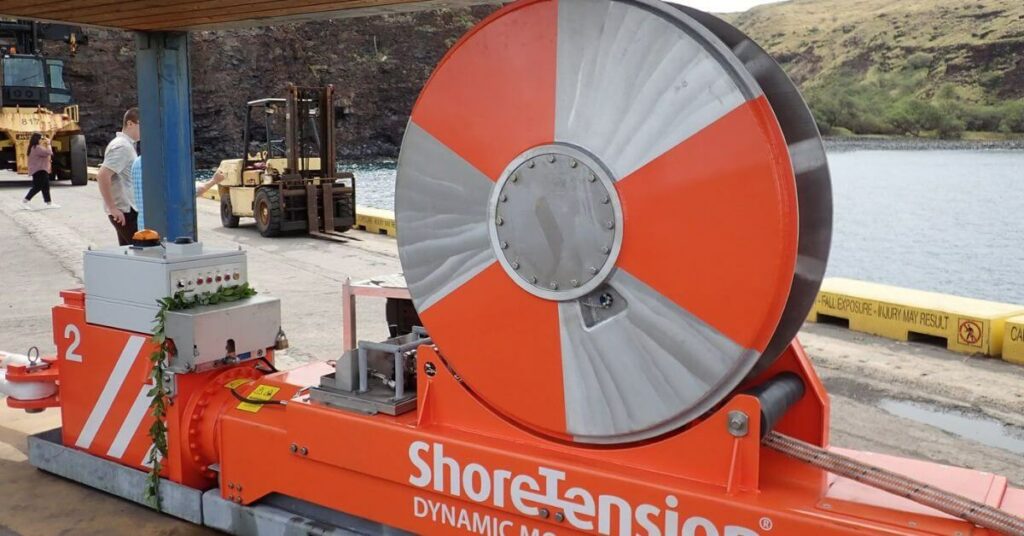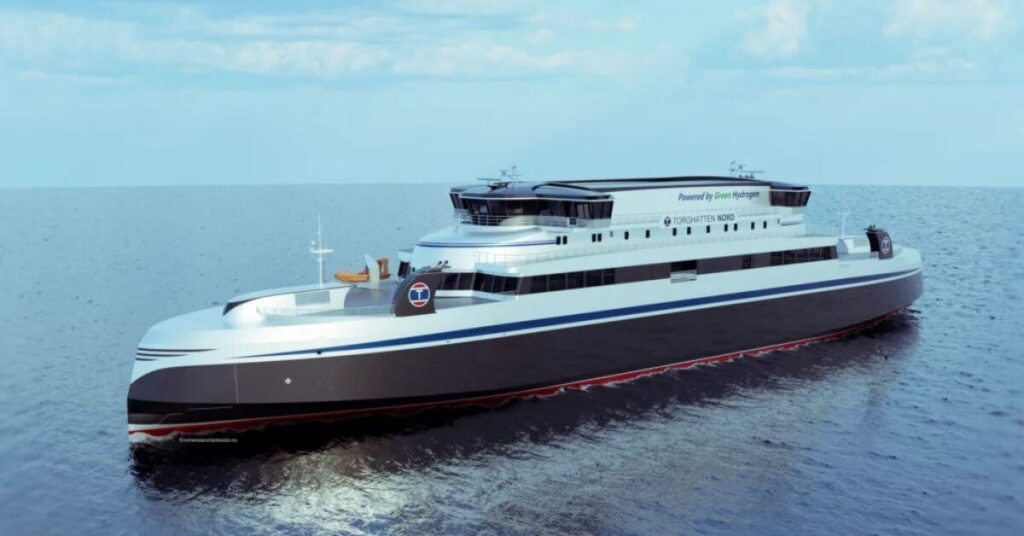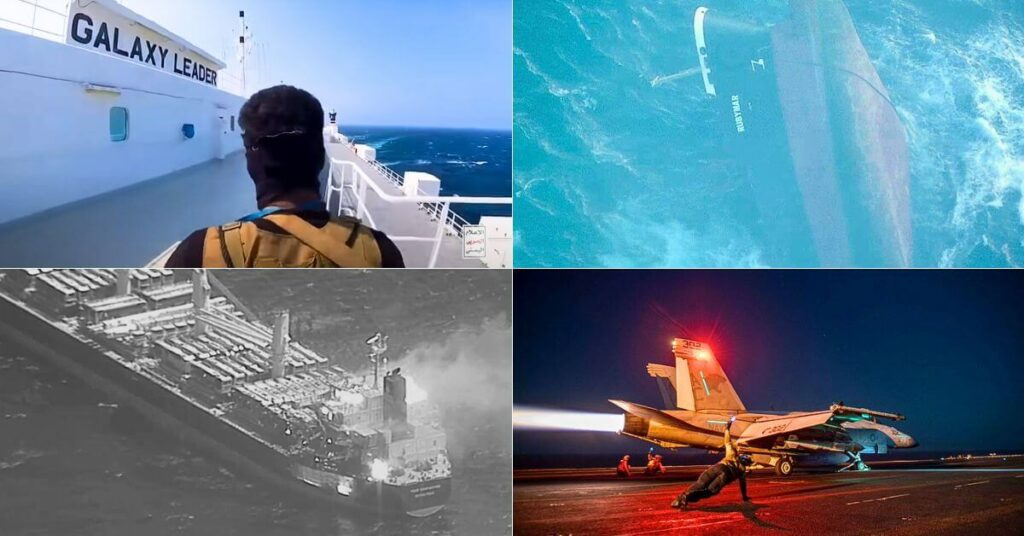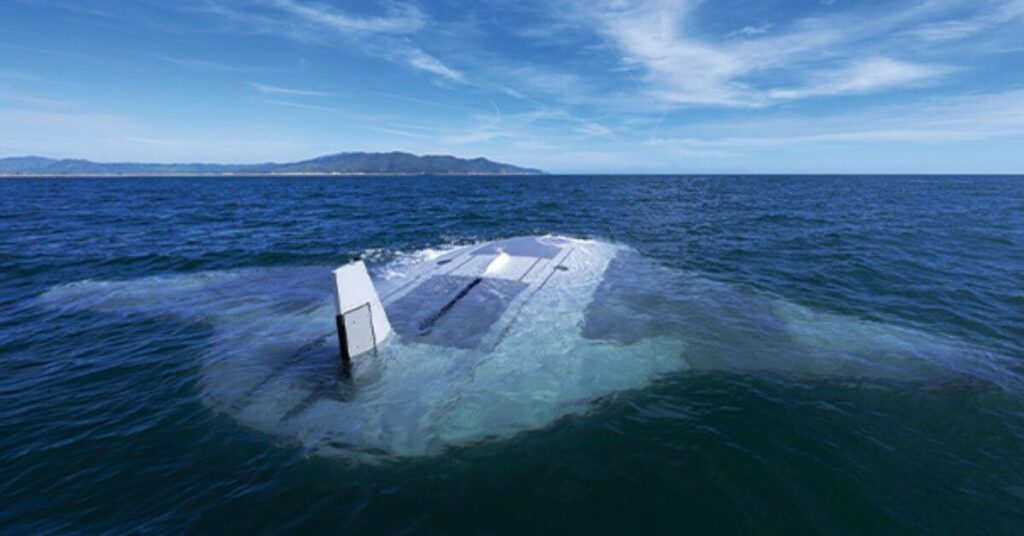Maritime Transport In 2040: How Future Technologies Will Impact Seafarers
On 26 June, the International Transport Workers’ Federation (ITF) and the World Maritime University (WMU) launched a flagship report entitled, Transport 2040 – Impact of Technology on Seafarers – The Future of Work, during the International Chamber of Shipping’s Shaping the Future of Shipping event in Manila, Philippines. The research results provide an in-depth exploration of a number of maritime issues related to future ship technologies, including automation and seeks to qualify the probable impact on seafarers.
Key findings include a Technology Road Map that offers comprehensive insights into future shipping technologies and their evolution in the maritime industry, looking primarily at automation and the technology transition. Divided into short, medium, and long-term expectation horizons, the Technology Road Map covers industry trends within main and sub-technologies, including the relevant policies, opportunities, and threats they respectively entail as reported by key stakeholders.
According to the report, the technological transition in the maritime industry will affect seafarers differently depending on their profession, rank, and job function. Seafarer skill foresight is presented in alignment with the Technology Road Map, taking into consideration a wider scope of technological developments within smart, MASS, and green shipping that will affect the future of work at sea. Findings include that upskilling and reskilling are important interventions in support of seafarers in light of the rapid change their working environment is set to undergo due to the advancement of smart and green technologies.
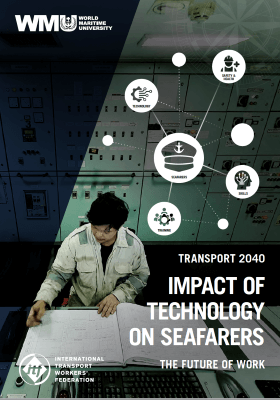
Throughout the report, the importance of training is highlighted as critical to the success of the transition toward automation and digitalization.
The report also projects that technological transition in the industry is expected to result in the emergence of a range of new kinds of jobs for seafaring professionals. The report projects that the impact of such new technologies on seafarers will be influenced not only by their individual preparedness for change but also by the conditions offered by each country. In support of these findings, 23 Maritime Country Profiles are aligned with the Technology Road Map and skills foresight.
The impact of advanced new technology in the maritime industry on the Occupational Safety and Health (OSH) of Seafarers is reflected in four Country Report Case Studies that investigate technology-related OSH issues including the risk of automatic surveillance by Artificial Intelligence (AI) and big data, technostress, safety and health concerns on board battery-powered vessels, and internet use.
Two key messages include the necessity of supporting seafarers with lifelong learning and career development as well as the importance of ensuring that the adaptation of advanced technology also promotes the health and well-being of seafarers. Recommendations include that these priorities must address the adverse effects of technology that may potentially harm seafarers.
The report provides the necessary insights and analytical resources to support the Maritime Just Transition which will require the involvement and commitment of every maritime stakeholder to the future of the industry.
To access the full report, click here.
Press Release
Disclaimer :
The information contained in this website is for general information purposes only. While we endeavour to keep the information up to date and correct, we make no representations or warranties of any kind, express or implied, about the completeness, accuracy, reliability, suitability or availability with respect to the website or the information, products, services, or related graphics contained on the website for any purpose. Any reliance you place on such information is therefore strictly at your own risk.
In no event will we be liable for any loss or damage including without limitation, indirect or consequential loss or damage, or any loss or damage whatsoever arising from loss of data or profits arising out of, or in connection with, the use of this website.
Disclaimer :
The information contained in this website is for general information purposes only. While we endeavour to keep the information up to date and correct, we make no representations or warranties of any kind, express or implied, about the completeness, accuracy, reliability, suitability or availability with respect to the website or the information, products, services, or related graphics contained on the website for any purpose. Any reliance you place on such information is therefore strictly at your own risk.
In no event will we be liable for any loss or damage including without limitation, indirect or consequential loss or damage, or any loss or damage whatsoever arising from loss of data or profits arising out of, or in connection with, the use of this website.
Do you have info to share with us ? Suggest a correction
About Author
Marine Insight News Network is a premier source for up-to-date, comprehensive, and insightful coverage of the maritime industry. Dedicated to offering the latest news, trends, and analyses in shipping, marine technology, regulations, and global maritime affairs, Marine Insight News Network prides itself on delivering accurate, engaging, and relevant information.

About Author
Marine Insight News Network is a premier source for up-to-date, comprehensive, and insightful coverage of the maritime industry. Dedicated to offering the latest news, trends, and analyses in shipping, marine technology, regulations, and global maritime affairs, Marine Insight News Network prides itself on delivering accurate, engaging, and relevant information.
Latest Shipping News Articles You Would Like:
Subscribe To Our Newsletters
By subscribing, you agree to our Privacy Policy and may receive occasional deal communications; you can unsubscribe anytime.




